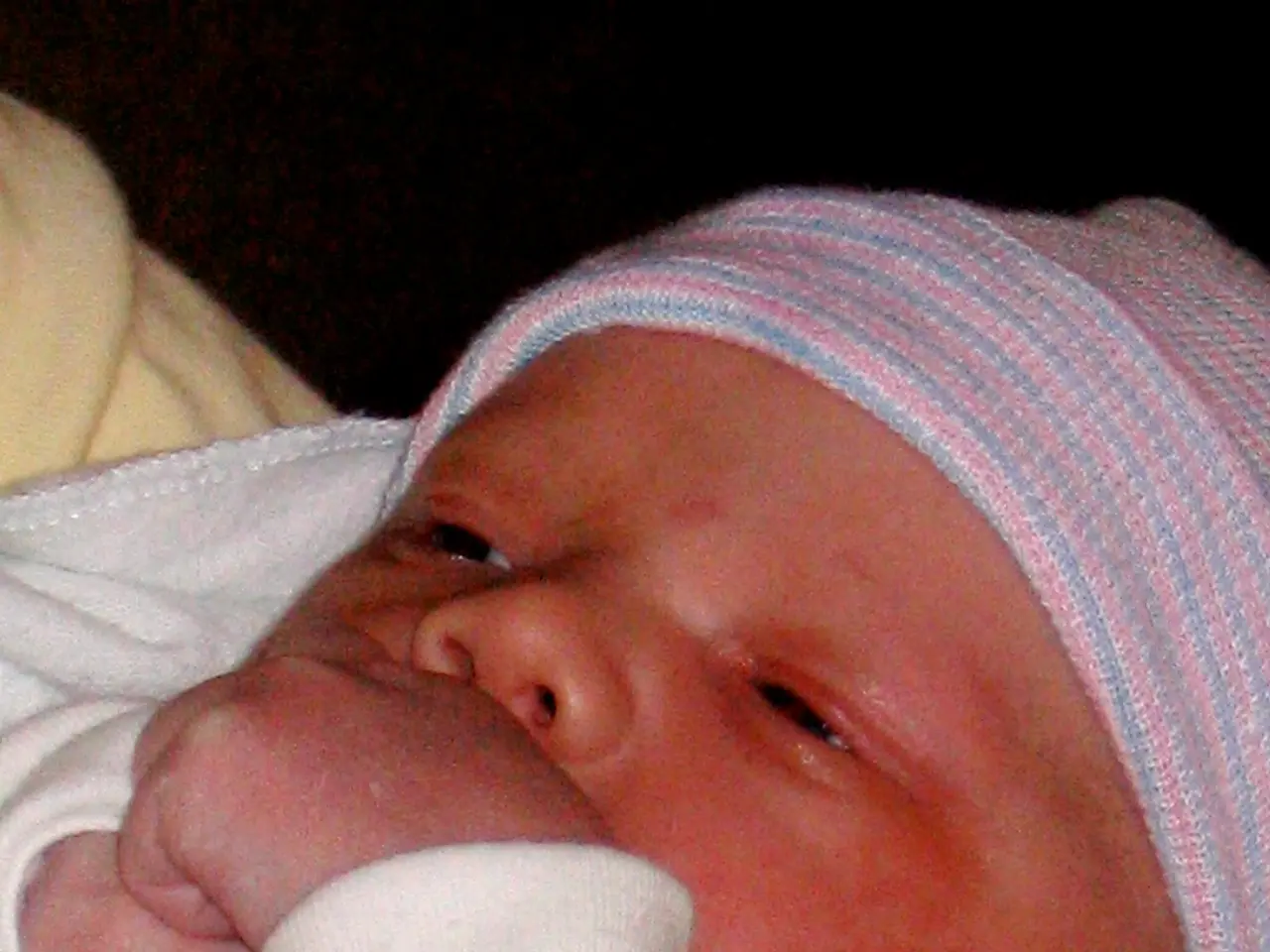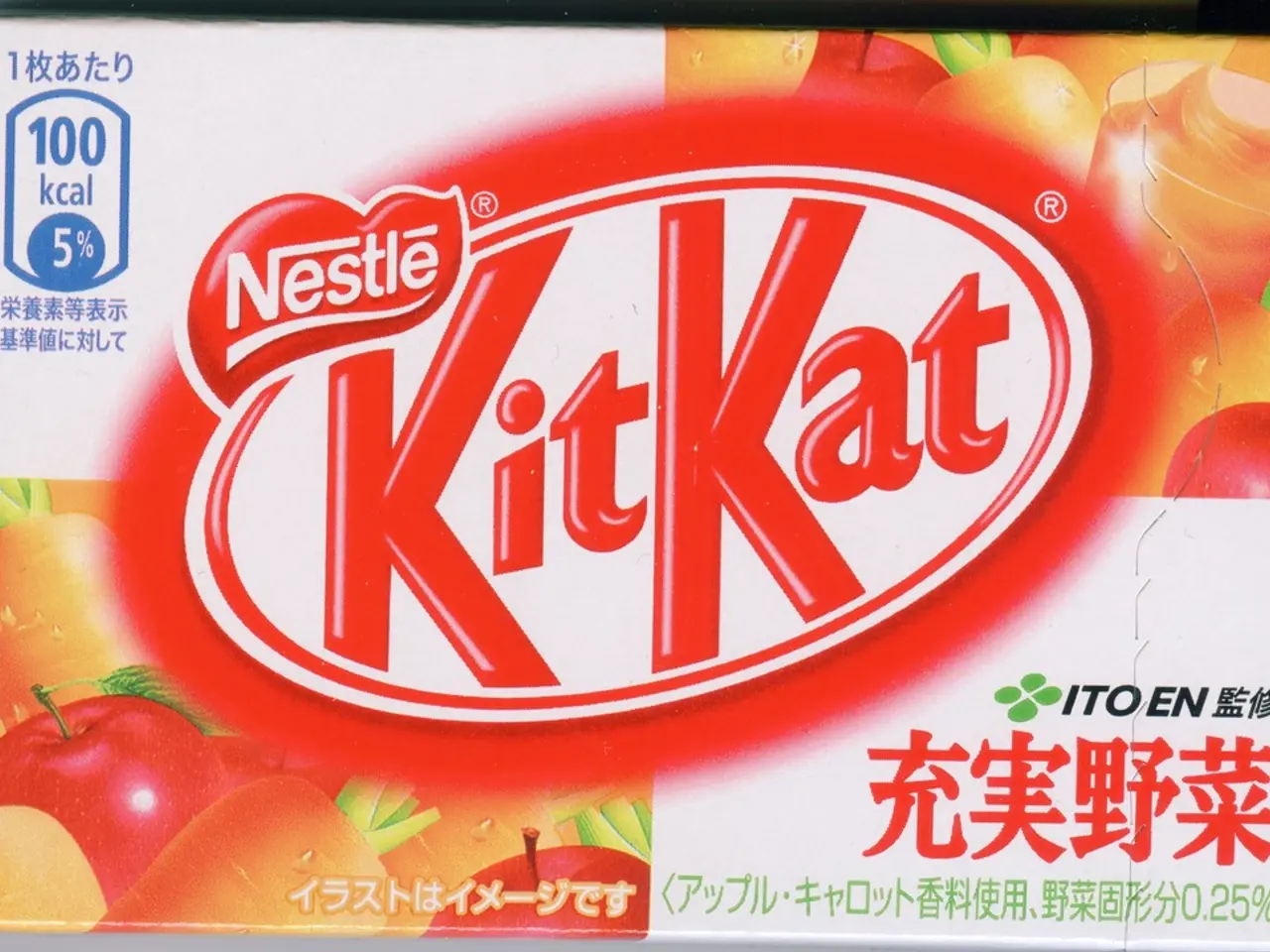Precautions for Nigerian Families in Bathing Infants
In Nigeria, bathing a newborn or infant is a precious bonding time for parents. However, it's crucial to ensure that the bathing experience is safe, gentle, and hygienic, particularly in traditional and resource-diverse settings. Here are some recommended practices for Nigerian families:
- Gentle Bathing: Focus on cleaning important areas such as armpits, between the legs, and genitals without stressing delicate parts like the umbilical cord stump. Supporting the baby’s neck securely during the bath is crucial for safety.
- Delayed Initial Bath: It's advised to delay the initial bath until at least 24 hours after birth. This helps maintain the baby’s thermal regulation and skin integrity, reducing the risks of hypothermia.
- Proper Umbilical Cord Care: Use clean, preferably boiled or new instruments for umbilical cord care and ensure safe hygiene practices around the baby to prevent infections.
- Mother's Education: Involving mothers through education and guidance on hygiene, including use of clean and flowing water and preventing contamination, is vital to reduce infection risk.
Environmental and cultural factors in Nigeria, such as access to clean water, variations in home versus facility births, and traditional bathing customs, require careful adaptation of these recommendations. For instance, some families may use traditional practices for the first bath that emphasize warming and cleansing but must avoid harsh scrubbing or stressing the cord area. Ensuring education on these practices through healthcare providers or community programs can enhance safety and acceptance.
To prevent water burns or scalds, always check the water temperature before placing the baby in the bath. Maintaining proper hygiene of bath supplies includes cleaning and drying all equipment after each use and regularly replacing any worn-out or damaged supplies.
Proper bathing techniques are crucial to ensure the baby's safety and well-being. Older infants (6 months and beyond) can transition to a baby bathtub. Proper hand hygiene is crucial before handling the baby.
Drying and dressing the baby safely involves using a soft towel, gently patting dry the baby's skin, applying appropriate moisturizers or lotions, and ensuring the baby is dressed in clean clothes and a fresh diaper. Keeping all bathing essentials within arm's reach helps prevent leaving the baby unattended during bathing.
Bathing a baby based on their age is crucial for safety: sponge bath for newborns (0-4 weeks), supported sitting position for babies (4 weeks - 6 months), and baby bathtub for older infants (6 months and beyond). Maintaining constant supervision is essential during bath time, as accidents can happen in an instant.
Using a baby bath seat or non-slip bath support reduces the risk of the baby slipping or tipping over in the tub. Regularly inspecting bath toys for any signs of damage or mold is important to ensure they remain safe for the baby's use.
Establishing a routine for regular bathing benefits both comfort and cleanliness: stick to a specific time of day, ensure the water temperature is appropriate, have all necessary bath supplies within reach, use gentle baby-friendly cleansing products, and engage in interactive activities with the baby during bath time.
In summary, safe baby bathing in Nigeria should be gentle, hygienic, delayed when possible, and culturally sensitive, with a strong focus on infection prevention and thermal care suitable for varying local conditions. By following these practices, Nigerian families can ensure a safe and enjoyable bathing experience for their little ones.
- For parents in Nigeria, it's essential to practice gentle bathing, focusing on cleaning crucial areas while being mindful of delicate parts during the bonding time with their baby.
- To maintain the baby’s thermal regulation and skin integrity, it's advised to delay the initial bath until at least 24 hours after birth.
- Proper umbilical cord care is vital, and families should use clean instruments and practice safe hygiene, especially in resource-diverse settings.
- Involving mothers in education and guidance on hygiene can help reduce infection risk, especially with the use of clean water and prevention of contamination.
- To prevent water burns or scalds, parents must always check the water temperature before placing the baby in the bath.
- Drying and dressing the baby safely involves using a soft towel, applying appropriate moisturizers, and dressing the baby in clean clothes and a fresh diaper.
- Establishing a bathing routine benefits the baby in terms of comfort, cleanliness, and safety, by sticking to a specific time, using gentle baby-friendly cleansing products, and engaging in interactive activities.
- To ensure the bathing environment is safe, families should have baby-friendly supplies like a baby bathtub, a baby bath seat or non-slip bath support, and regularly inspect bath toys for signs of damage or mold.




